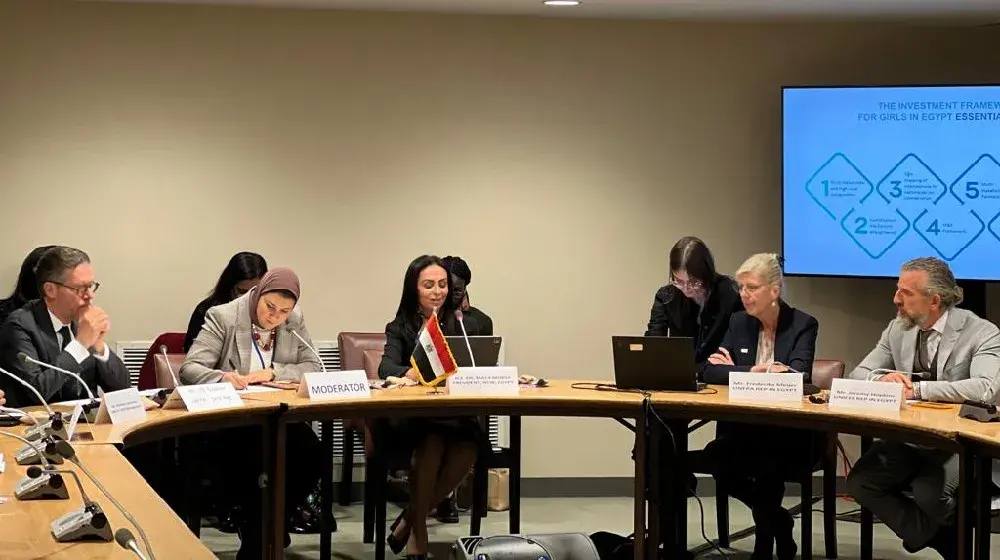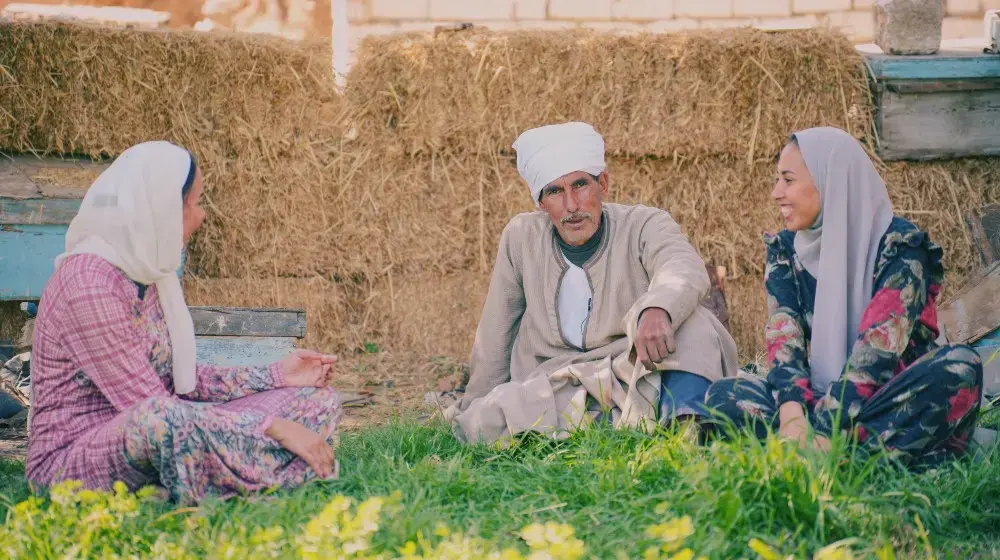Abdel Rehim was undecided on subjecting his two daughters to Female Genital Mutilation (FGM), despite it being common practice in his village. Every time he brought up the topic with his wife, she would change the subject, having been cut herself.
“I was always hesitant,” says the 30-year-old father, “because my community does it to protect girls, thinking that this way they are controlling their desires and setting them on a proper path.”
Under the UNFPA-UNICEF Joint Programme on the Elimination of FGM, and with the support of the Royal Norweigian Embassy in Cairo, UNFPA partners with Care International to raise community awareness on the harms of FGM and other harmful practices.
To help him make up his mind, Abdel Rehim attended awareness-raising sessions on FGM in his village in the Upper Egyptian governorate of Assiut.
“During the first session the trainer asked us to divide ourselves: pro FGM, against FGM and undecided,” he recalls, “I went to the neutral zone; I was really undecided and every day and every discussion with family and friends would sway me from pro to against and vice versa.”After learning that FGM is a violation of the law, religious and human rights, Abdel Rehim says he “was shocked FGM was such a crime.”
Abdel Rehim returned home to his wife and asked her if she remembers the day she was cut.
“Her reply was even more shocking, she said, ‘Yes of course I do, it was the worst day in my life, I thought I was going to die’,” Abdel Rehim says.
His wife continued to describe the harrowing experience in full detail. She explained the pain she felt along with the side effects and most importantly the feeling of betrayal by her family.
“Her reply made everything crystal clear,” he says, “how are we even considering subjecting our daughters to that? I am not going to put my daughters through such an agonizing experience.”
Abdel Rehim explains that he would never think about betraying his daughters’ trust by exposing them to what he describes as an “inhumane” experience. He adds that such a practice would destroy their lives and cause long-term trauma.
“My daughters are the most precious thing to me, and I would protect them against anything,” he says, ”if being shamed by my family and community is the price I have to pay to protect them, then so be it.”
Abdelrehim is now one of Care’s volunteers himself, conducting FGM awareness sessions, engaging men and boys trainings and advocating against FGM every chance he gets. He also publicly declared his position against FGM.
UNFPA with Care International developed a manual on engaging men and boys around harmful practices to enhance positive masculinities and behaviors around gender and ending FGM.




